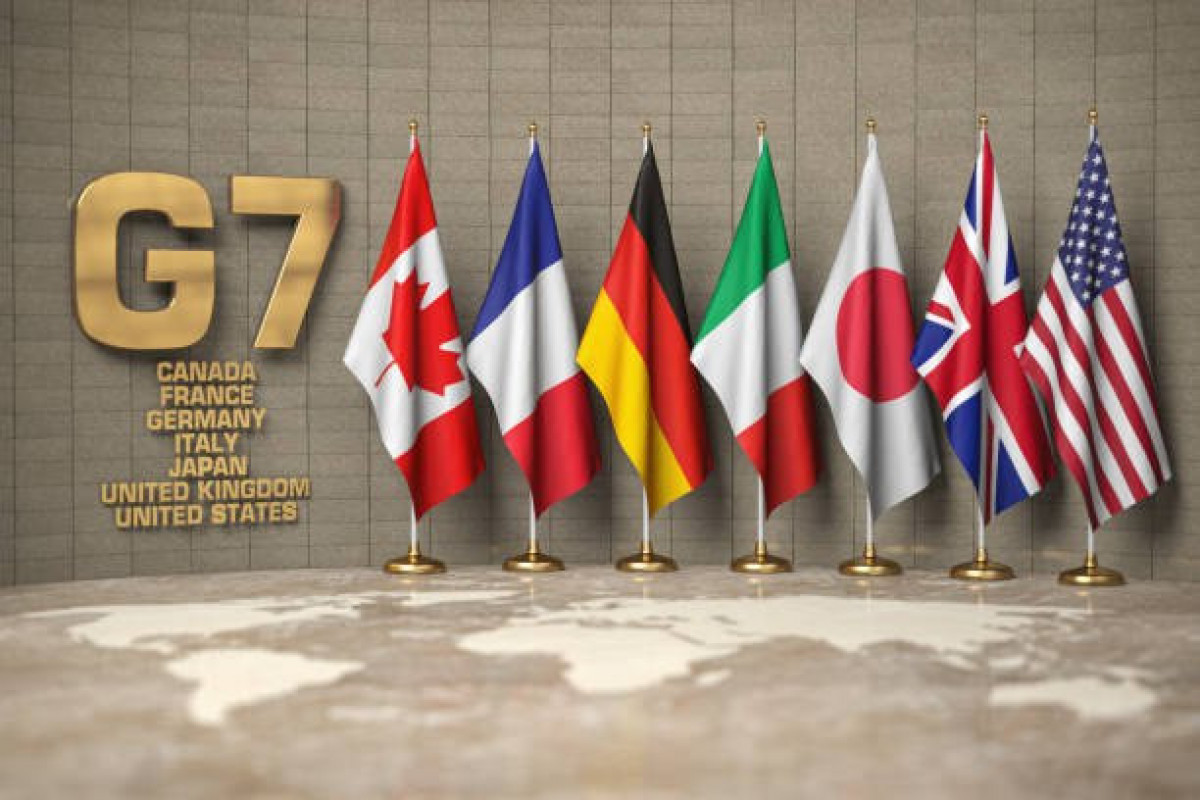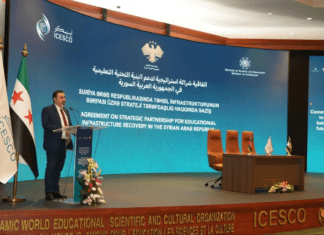
Western countries and the Group of Seven (G7) leaders reaffirmed their commitment to supporting Syria’s transitional process following the fall of the dictator Bashar al-Assad’s authoritarian regime. Discussions this week underscored a unified international stance on establishing a credible, inclusive, and non-sectarian government while holding the Assad regime accountable for past violations.
EU foreign ministers are set to meet Monday to align their positions on Syria’s transition. Christophe Lemoine, a French foreign ministry spokesperson, indicated that while progress is being made, discussions of lifting sanctions against Syria remain premature. The EU ministers aim to establish a framework for supporting a Syrian-led transition while ensuring accountability for human rights violations committed during Assad’s 24-year rule.
In a statement issued Thursday, the G7 leaders expressed readiness to assist in a political transition that adheres to the principles of Security Council Resolution 2254. This resolution outlines a roadmap for peace, emphasizing the need for a Syrian-led and Syrian-owned process that respects human rights, territorial integrity, and sovereignty.
The G7 also highlighted key principles for any future Syrian government, including the rule of law: Upholding a legal framework that ensures fairness and accountability. Human Rights: Guaranteeing universal rights, including gender equality and protection of religious and ethnic minorities. The principle of accountability, promoting transparency in governance and holding violators of international norms accountable. “The G7 will work with any future Syrian government that adheres to these standards and fully supports the transition process,” the statement noted.
The G7 stressed the need to hold the Assad regime accountable for decades of alleged atrocities, including the use of chemical weapons. Leaders pledged continued collaboration with the Organization for the Prohibition of Chemical Weapons (OPCW) to secure and destroy Syria’s remaining chemical weapon stockpiles. “After decades of atrocities committed by the Assad regime, we stand firmly with the Syrian people,” the statement declared.
Leaders also emphasized the importance of preventing state collapse, supporting reconstruction, and creating conditions for the voluntary, safe, and dignified return of millions of displaced Syrians. They urged those seeking governance roles in Syria to demonstrate a commitment to the rights and well-being of all Syrians.
The G7 reiterated its support for the UN Disengagement Observer Force in the Golan Heights and called for preserving Syria’s territorial integrity and national unity amid the transitional process. The international community now faces the complex challenge of ensuring that Syria’s transition aligns with global principles while addressing the deep scars left by years of conflict.








